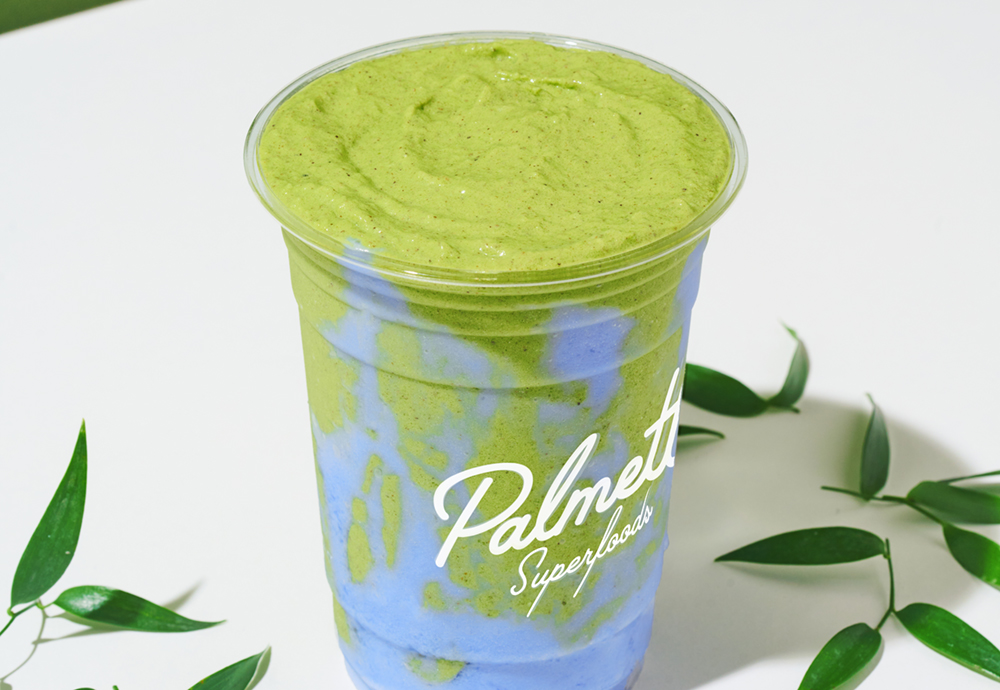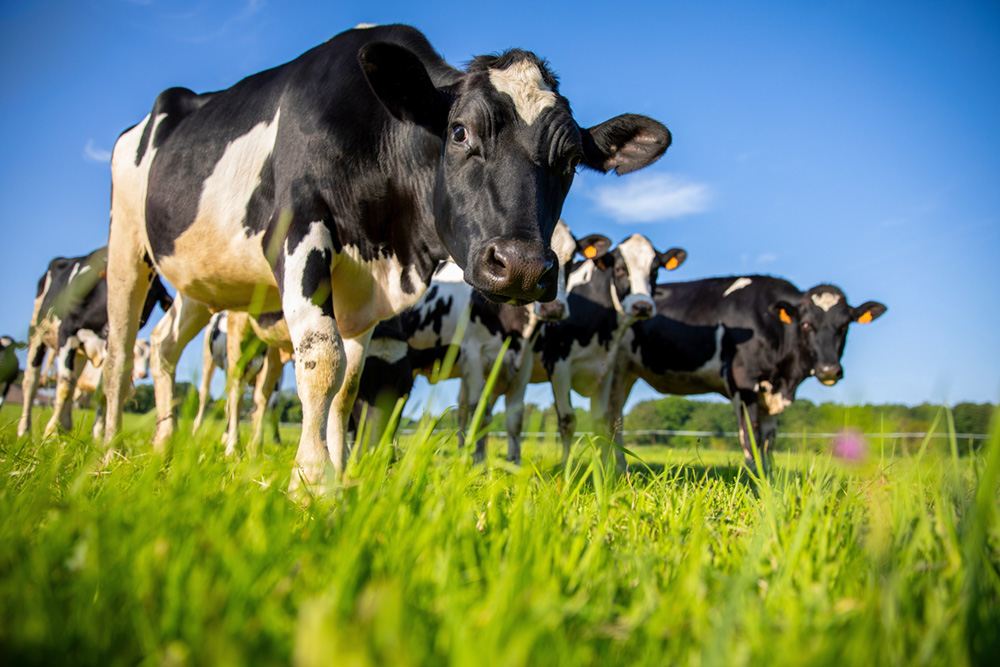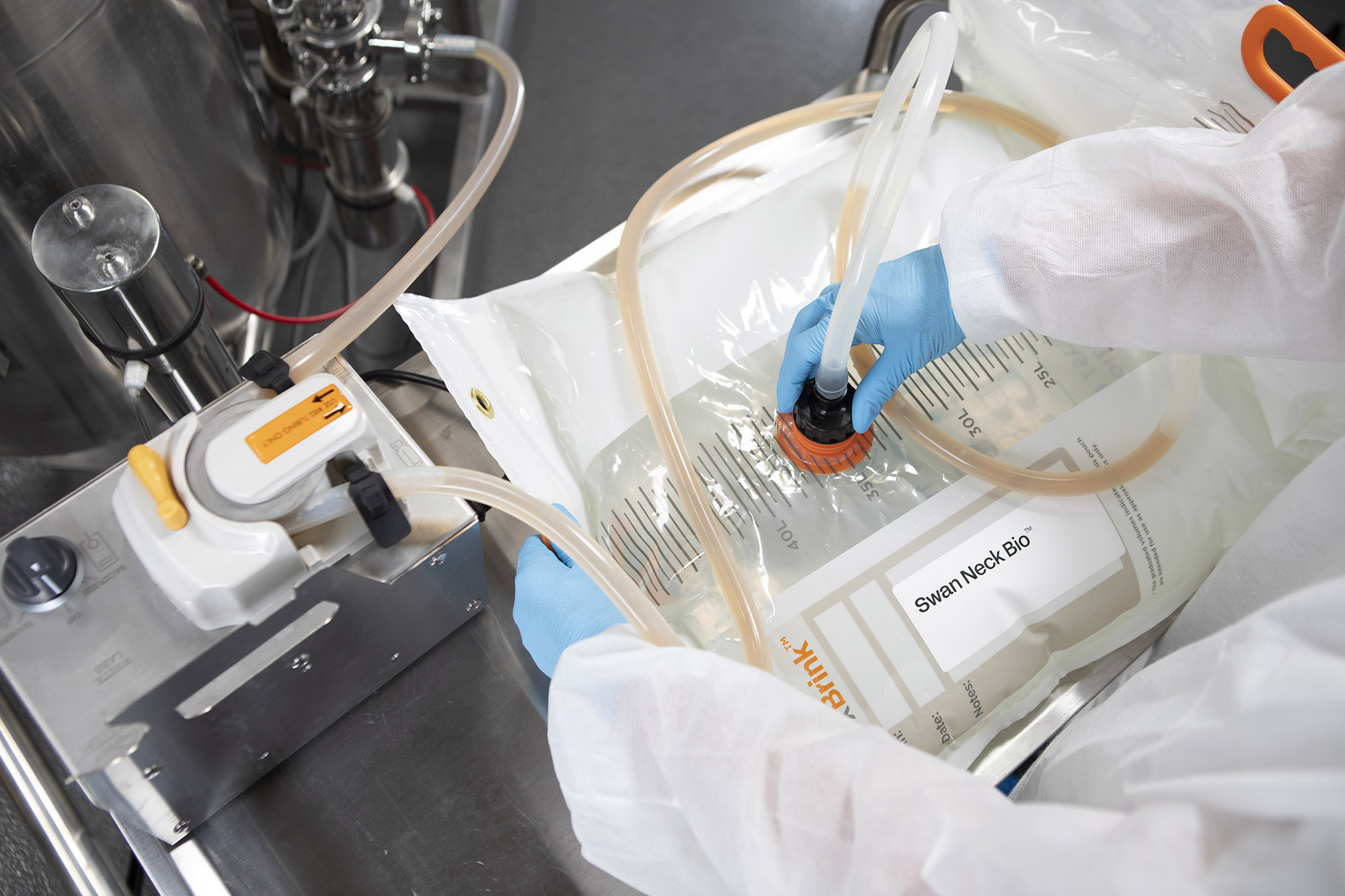

Planetary’s mycoprotein makes Swiss retail debut as ALDI Suisse launches MyVay Gourmet Filet
Planetary SA, a Geneva-based biotech company that calls itself the only commercial mycoprotein producer in continental Europe, has secured a major foothold in the Swiss retail market as ALDI Suisse rolled out its new MyVay Gourmet Filet nationwide. The vegetarian filet, featuring naturally fermented mycoprotein developed by Planetary’s Libre unit, has been on shelves across ALDI’s 242 Swiss stores since 7 July 2025.
The move is significant for both companies and for the broader protein alternatives sector, because the MyVay Gourmet Filet is priced on par with conventional chicken – a milestone that few sustainable protein products have achieved.
“The partnership with ALDI was a result of a successful debut at The Retail Shelf platform organized by Swiss Food & Nutrition Valley and ALDI Suisse, during which selected food innovators had a chance to pitch their products and potentially enter ALDI stores,” commented David Brandes, CEO of Planetary. “We initially partnered with ALDI to develop a recipe together. The aim was to make the Gourmet Filet simple, with few ingredients, minimal processing, and obviously great taste and meat-like bite.”

According to Brandes, it was crucial to keep the ingredient list short and the production process minimal. The MyVay Gourmet Filet contains only four natural ingredients: mycoprotein, egg white, natural flavor, and sunflower oil. Egg white contributes to the filet’s firmness, while natural flavors and sunflower oil enhance its juicy, meaty experience. For vegan versions, Planetary uses a proprietary binding system that Brandes says achieves “just the right texture” without compromising on clean labeling.
Switzerland proved a natural choice for Planetary’s market debut. “Switzerland is one of the largest markets in Europe for meat substitutes, and the annual growth rate for this market is estimated to be around 10% over the next five years,” Brandes explained, citing Statista data from December 2024. Beyond market potential, Swiss consumers are already familiar with mycoprotein-based meat alternatives, having seen imported products on shelves for decades. “Not to mention that being a Switzerland-based producer, a ‘from the region for the region’ supply is a natural first step,” said Brandes.
While Planetary and ALDI Suisse are focused for now on the Swiss market, there are hints of broader ambitions. Brandes confirmed that the company sees strong interest across Europe. “The current collaboration is focused on the Swiss market and potential geographical and category expansion opportunities remain confidential,” he said. However, he added that Germany, the Netherlands, and the wider EU are “attractive markets” for Planetary. “Expect to see the naturally fermented by Libre ingredients innovating across borders and even entering some less obvious categories outside the traditional meat and dairy products,” he said.

Planetary’s Libre mycoprotein is emerging as a differentiator in a growing field of microbial protein players. According to Brandes, Planetary is the only commercial mycoprotein producer operating at scale in continental Europe. He believes the key lies in in-house expertise. “To our knowledge, many startups are developing interesting products, but have yet to reach significant volumes of products on the market because they are struggling to actually produce mycoprotein at commercial scale,” he said. “Planetary has been able to go from the first works in our factory in Aarberg to the launch of a nationwide retail product based on in-house developed processes in just over a year. That’s definitely breaking some records.”
Libre mycoprotein, Brandes said, offers advantages over plant-based proteins such as soy or pea. “Our mycoprotein has proven advanced properties to integrate especially well with beef muscle tissues, rendering it the perfect ingredient for hybrid meat applications,” he noted. The ingredient’s naturally fibrous structure contributes to the meat-like bite consumers are seeking. “The feedback we received is unanimous: consumers are impressed with the taste and texture products using naturally fermented by Libre ingredients offer,” Brandes said. “The mycoprotein’s elongated fibers give it a very chicken-like texture and make it look and feel just like chicken.”
Planetary’s technology strategy is anchored by its proprietary BioBlocks fermentation platform, a suite of capabilities spanning fermentation, processing, and facility engineering. The company’s business model increasingly revolves around licensing this technology to agro-industrial partners across Europe, helping them upcycle feedstocks into higher-value mycoprotein. “Licensing the BioBlocks platform allows our partners to upcycle their byproducts into high-value mycoprotein, while maximizing value from their existing infrastructure and ensuring a stable offtake source of their carbohydrate products,” said Brandes.
One example of this approach is Planetary’s collaboration with Dutch agro-industrial cooperative Cosun, with whom the company is exploring how to transform sugar and side-streams into fermentation inputs. “We have several exciting licensing projects with agro-industrial partners to be announced soon,” Brandes said.
Sustainability claims are central to Planetary’s pitch. The company reports that its mycoprotein has a carbon footprint 22 times lower than that of beef and uses up to 90% less water. The protein quality, Brandes said, is comparable to that of milk and eggs. “Our strategy is to build a regional production and supply network, both increasing food security and reducing the logistics burden,” he noted.

Scaling up production remains a key challenge. Currently, Planetary operates a 50,000-liter fermentation site in Aarberg, Switzerland, which Brandes said is sufficient for several retail launches. “We are ramping up capacity in sync with demand,” he said. To help fund this expansion, the company secured a CHF 1.8 million [US$2 million] grant from Innosuisse, Switzerland’s innovation agency, under its Startup Innovation Project scheme. “The project funded by the Innosuisse SIP grant will further boost the productivity of our BioBlocks platform and accelerate our technology licensing strategy for asset-light capacity expansion,” said Brandes.
Recognition has followed Planetary’s technical achievements. The company was recently named one of only 10 global winners of the 2025 World Intellectual Property Organization Global Award, selected from over 6,000 applicants across 95 countries. “This award recognizes our strong innovation and IP strategy stretching across patents, trademarks and commercially protected trade secrets,” Brandes said.
Beyond meat alternatives, Planetary is pushing into new categories. The company was recently named a finalist in a LIDL Germany and ProVeg competition for cheese alternatives, leveraging its mycoprotein in formats like hard cheese and spread cheese. “We’ve been working on a hard cheese, a bit like cheddar,” said Brandes. “It has a fatty texture which makes it almost impossible to distinguish from real cheese.”
Looking ahead, Brandes hinted at more innovations to come. “More immediately, you will see Planetary expanding across geographies and categories and building out our fermentation capacity network in an asset-light way via technology licensing at strategically suitable locations,” he said.
However, scaling up is not without obstacles. Talent acquisition, said Brandes, remains one of the company’s toughest challenges. “One challenge for Planetary is onboarding the right team members with the right skillset and mindset. We currently operate as a lean team of 15,” he said. “As we increase production and commercialization of our products, we will selectively expand our team with passionate talents in the months ahead.”
For Planetary, the ALDI Suisse launch of the MyVay Gourmet Filet is just the beginning. As consumers demand sustainable and affordable alternatives, the Geneva-based company is positioning itself as a European pioneer – and perhaps as a global leader in industrial biotechnology’s next wave.
If you have any questions or would like to get in touch with us, please email info@futureofproteinproduction.com

.png)






